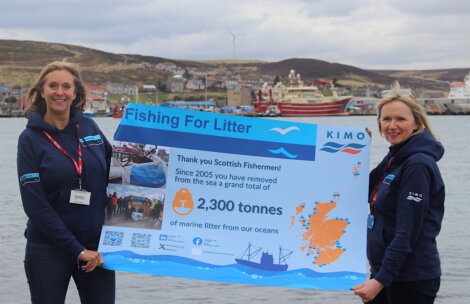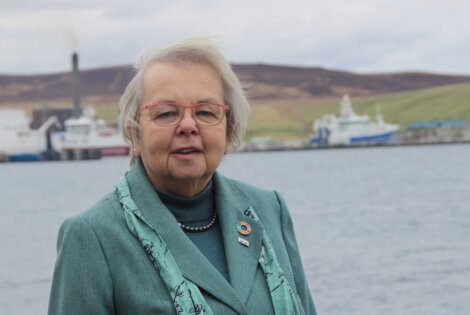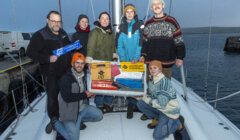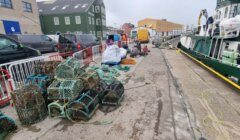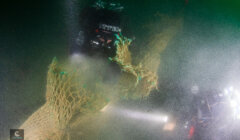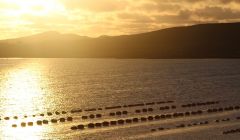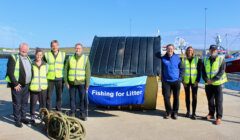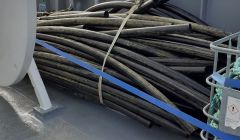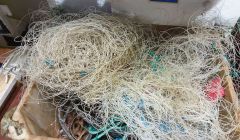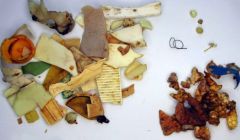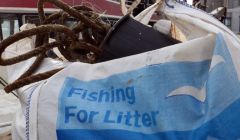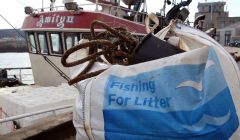Marine / Fishing litter scheme continues to gain popularity
THE SCHEME which encourages fishermen to collect marine litter caught in their nets and dispose of it onshore is continuing to gain in popularity as more vessels sign up.
More than 2,300 tonnes of rubbish has been collected by Scottish boats through KIMO International’s Fishing for Litter scheme since it started in the country in 2005.
KIMO International president Trish Robertson also said there had been a rise the number of ports in Scotland (32) and vessels (400-plus) involved in the scheme.
The total number of participating vessels in the Europe-wide scheme has increased by 179 per cent since 2021.
Robertson said Scottish fishermen are now reporting that they are picking up less rubbish, which she said is a sign the scheme is achieving something.
But she said the issue of ghost gear – discarded fishing nets for example – has not yet been resolved, with it remaining difficult to track the culprits.
Robertson also expressed concern about the levels of PFAS – per- and polyfluorinated substances – in the sea.
These are chemicals which take many years to break down and have been linked with some cancers, with KIMO stepping up its work in this area in number years.
It comes after Fair Isle topped a list of the highest levels of PFAS in drinking water samples in Scotland. However, Scottish Water has offered reassurance about the numbers involved.
KIMO International is a network of local governments working together for healthy seas, cleaner beaches and thriving coastal communities, and its secretariat is based in Shetland.
Shetland Islands Council has been a founding member of KIMO UK since the early 1990s.
Fishing For Litter was launched in Shetland in 2005, and as of September 2022 a total of 58 tonnes had been collected locally.
Become a member of Shetland News
Speaking at a meeting of Shetland Islands Council’s environment and transport committee during a visit to the isles on Monday Robertson – a Highland councillor herself – also talked about offshore wind farms.
She said it is an area KIMO is looking at.
“We certainly would be looking to lessen the impact at any wind farms on the ocean environment,” Robertson said.
Meanwhile committee chair Moraig Lyall suggested there was still work to be done to raise awareness of the wider work of KIMO, and that it is not just the organiser of the Fishing For Litter scheme.
Robertson also said KIMO is supportive of working in collaboration with any authorities to improve the marine environment.
Become a member of Shetland News
Shetland News is asking its many readers to consider paying for membership to get additional features and services: -
- Remove non-local ads;
- Bookmark posts to read later;
- Exclusive curated weekly newsletter;
- Hide membership messages;
- Comments open for discussion.
If you appreciate what we do and feel strongly about impartial local journalism, then please become a member of Shetland News by either making a single payment, or setting up a monthly, quarterly or yearly subscription.






